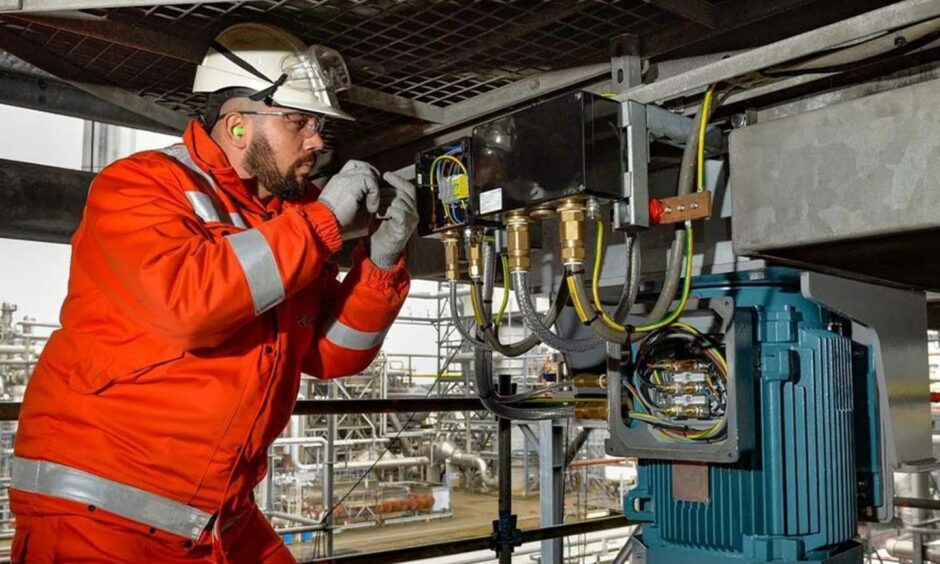
Surveys of the UK workforce have identified staff shortages, a lack of specialist personnel and sustainability qualms as “significant barriers” to achieving net-zero goals.
A survey by trade union Prospect found that more than a third of workers reported specialist tasks were being assigned to untrained staff due to a lack of expertise – with particular shortfalls in the environmental sector.
37% of respondents identified government policy as the main blocker to achieving net-zero emissions with economic factors, reluctance to change, and limited resources also cited as barriers. Low pay was also identified as a major obstacle to attracting talent.
The canvas marks the latest in long-running warnings over the UK’s transition skills – or lack thereof –as concerns grow over where the energy sector will find the workforce to tackle the challenges posed by net zero.
Meanwhile a survey by Save Money Cut Carbon (SMCC), a firm which works helps businesses tackle sustainability issues, found that nearly one in five (19%) UK employees would now actively refuse to apply to join companies that are not truly sustainable.
Its findings, based on a sample of 2,090 UK adults in 2023 via an online survey, highlight
Around 14% of respondents said the survival of their business was under threat due to a lack of government support for energy bills, while 22% said they would only support businesses that put sustainability at the forefront of their operation.
It echoes the findings of accountancy firm KPMG, which reported earlier this year that a crunch on the ability of firms to find skills for both oil and gas and renewable energy poses a “significant threat” to businesses.
According to KPMG, respondents who were “very or extremely confident” of finding oil and gas skills fell from 55% in April 2022 to 30% this year.
Even for those able to find willing candidates, the challenges of finding the right skills could be particularly acute in emerging sectors such as hydrogen and carbon capture and storage (CCS).
Problem of ‘climate quitting’
Commenting on SMCC’s findings, the firm’s CEO and founder Mark Sait said that employers “must understand the generations who are increasingly turning away from roles” which do not prioritise ESG goals.
“The Prospect survey echoes our own national study’s insights, emphasising the urgency of cultivating a skilled and motivated workforce to realize our net-zero ambitions,” he added.
“As the frontiers of the climate emergency close in, it’s no surprise that for the population at large, awareness is stiffening into action.
“Working at a company without a meaningful plan to reduce its environmental impact is simply a no-go for many job seekers. For employees, frustration at their own organisation’s lack of development is leading to a new phenomenon: climate quitting.”
“Climate quitting then is a natural symptom of the wider problem. In order to guard against this phenomenon effectively, businesses can’t knock back a few painkillers – they need to treat the root cause.”
Recommended for you
